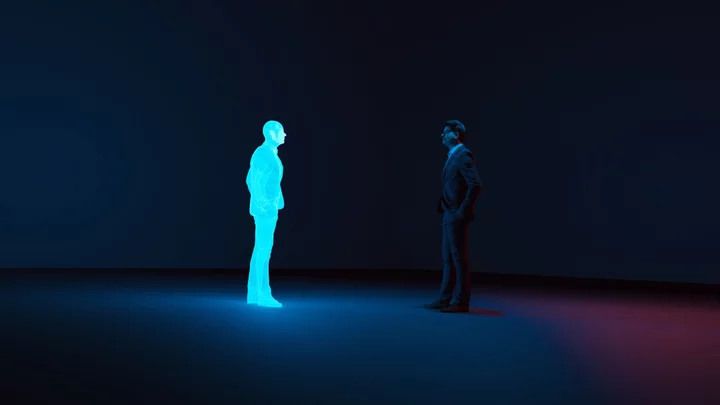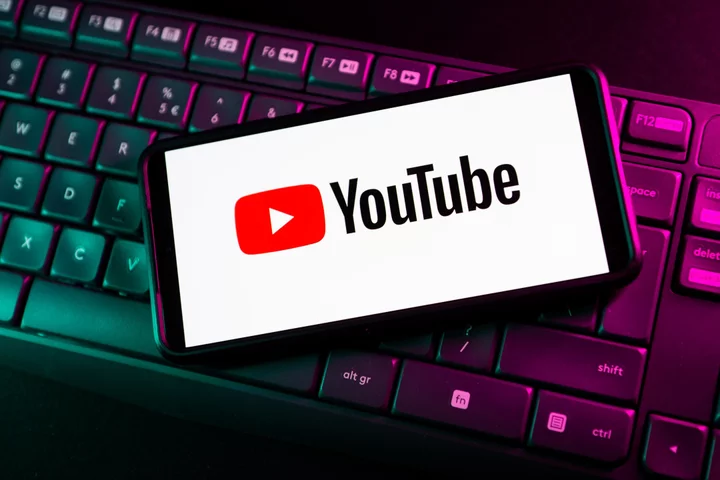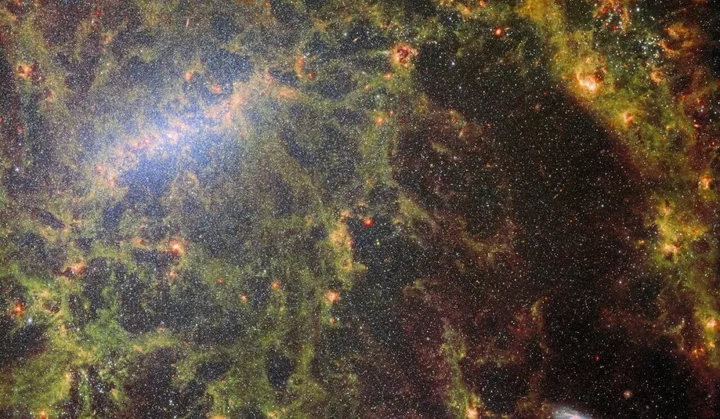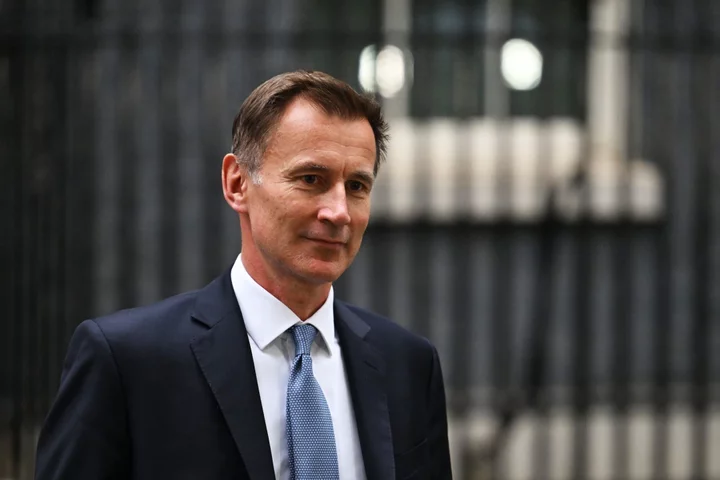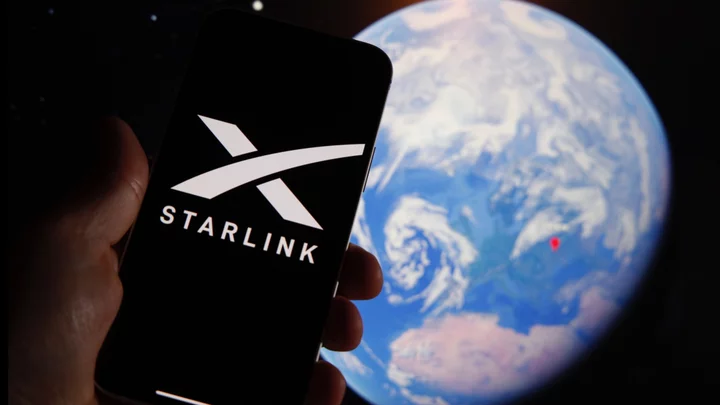A bipartisan bill, introduced on Thursday, aims to protect actors, singers, and other performers from AI-generated replicas.
The No Fakes Act, introduced by Sens. Chris Coons (D-Del), Marsha Blackburn (R-Tenn), Amy Klobuchar (D-Minn.) and Thom Tillis (R-N.C.), "would prevent a person from producing or distributing an unauthorized AI-generated replica of an individual to perform in an audiovisual or sound recording without the consent of the individual being replicated," according to the announcement.
SEE ALSO: Ghostwriter, the guy behind the viral Drake/Weeknd song, thinks AI music is like fanfictionThe bill addresses the use AI-generated voices that mimic the likenesses of performing artists without their consent. While this sounds like something straight out of science-fiction novel, it's a very real and current issue. Earlier this year, an anonymous artist Ghostwriter created a song using AI to recreate the voices of Drake and The Weeknd without their knowledge.
One of the reasons why SAG-AFTRA went on strike was a proposal from the studios that would scan the likenesses of background actors and use their AI-generated replicas without pay nor consent.
The rapid and widespread adoption of generative AI has lawmakers scrambling to address its potentially harmful implications. The use of generative AI to replicate someone's likeness encroaches upon several litigious issues, including intellectual property, copyright, privacy rights, labor laws, and defamation.
If the bill is passed, whoever is using someone's "unauthorized replication" would be liable for damage. The announcement also notes there would be certain exclusions protected by the First Amendment, including news and sports broadcast, documentaries, criticism, and parody.

